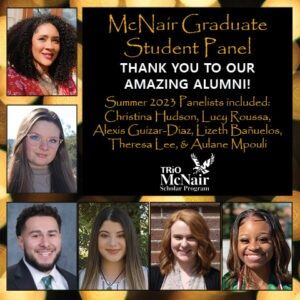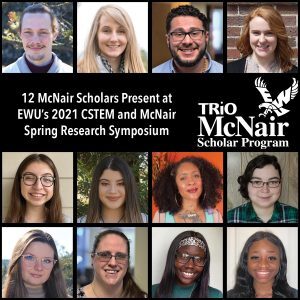
Alexis Lisandro Guizar-Diaz graduated in the spring of 2021 with a degree in Sociology and a minor in Philosophy. His key research interests are political economy, rural & agrarian communities, and Latina/o/x populations. He is a member of the American Sociological Association and a recipient of a 2020 Eastern Washington University Summer Research Internship through the McNair Scholars Program. In the 2019-2020 school year Alexis did research with the support of Dr. Mimi Marinucci and presented that research at the EWU virtual symposium in 2020 on "Machismo, Marianismo, and The Ethics of Care." Alexis then conducted research during the summer of 2020 in Washington’s Columbia Basin under the mentorship of Dr. Edwin Elias from the Department of Race and Culture Studies. He also completed additional research throughout the 2020-2021 school year on designing a positive workplace for Washington farmworkers.
Alexis was accepted into the PhD Program in Sociology at Portland State University (PSU) and received full funding through a Resident Assistantship. He began attending PSU in the Fall of 2021. Continuing to pursue his PhD, he earned an MS in Sociology from PSU along the way in June 2023.
2020 McNair Faculty Research Mentor: Dr. Edwin Elias
Research Title: Indentured Servitude in the 21st Century? A Case Study on Agricultural Labor Employment in the Columbia Basin
Abstract:The agricultural industry has long had a dependence on immigrant populations. Labor roles, especially of the most degraded and intensive, have primarily been filled by individuals of Latinx decent, most commonly of Mexican origin. From 2007-2017 there has been an increase of over 1000% of requested H-2A guestworkers in Washington State. H-2A guestworker status allows for the possibility of higher wages and secure travel to the United States, however, as a subcontracted worker, conditions on and off the workplaces are structured by intermediary subcontracting middlemen companies. These companies are used to alleviate the various obligations farmers were historically expected to fulfil. Hence, not only do these companies control the workplace, but they also control nearly all aspects outside the workplace such as transportation, housing, and legalities. In this project, I seek to gain a better understanding of the cause of this exponential increase and how capital has structured labor conditions through draconian legislations that have enabled these subcontracted workers to not be protected by federal labors laws, to not be entitled to overtime pay, and to be actively denied the right to unionize.









